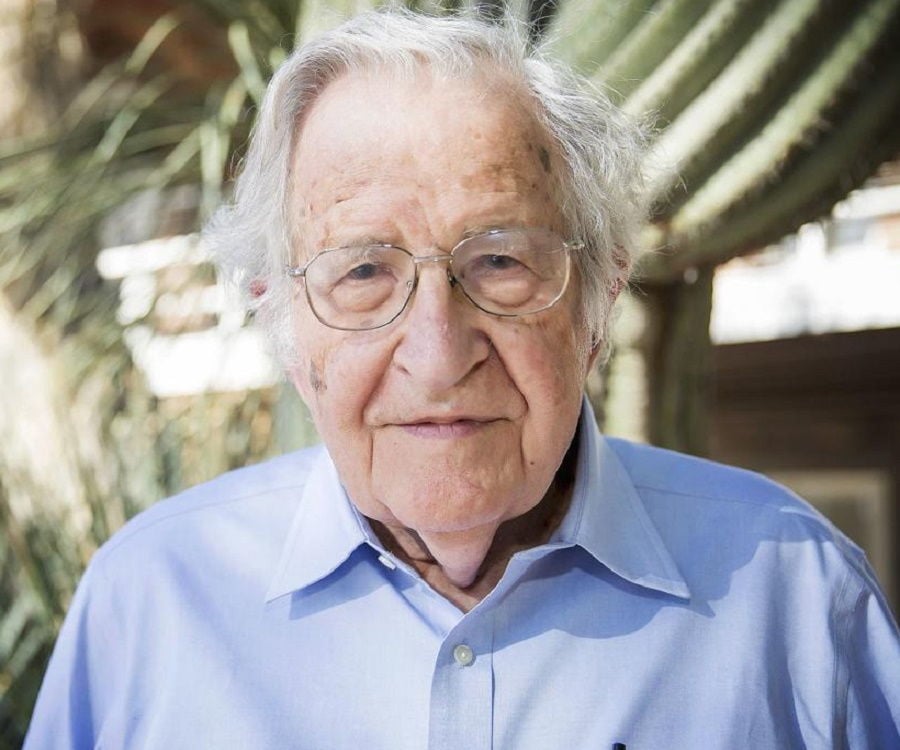
:no_upscale()/cdn.vox-cdn.com/uploads/chorus_asset/file/7096921/1586601.jpg)
Also, he’s famous and charismatic, and people outside the field have heard of him, but haven’t heard of anyone else, and confuse his fame with professional dominance.Īnother problem with the claim that Chomsky’s theory of language “is being overturned” (as if it had ever been accepted, which is not true), is that it’s not clear what “Chomsky’s theory of language” refers to. The misconception that Chomsky represents the dominant view comes from the fact that the opposition is divided into many approaches and factions, so there’s no single figure that can be identified with an alternative. In other fields, Chomsky’s theories were only ever embraced by a small minority, and the opposition has always been fierce: from philosophers like Putnam, Goodman, Searle, and Dennett in the 1960s and 1970s from Jerome Bruner and Piagetian developmental psychologists in the 1970s from Good Old-Fashioned AI researchers like Terry Winograd, Roger Schanck, and Marvin Minsky in the 1970s from the connectionist psychologists and neural-network AI researchers in the 1980s from “dynamic systems theorists” like Linda Smith in 1980s probably from most child language acquisition researchers in every decade. I’d say that perhaps Chomsky’s theory (at any time) has attracted a plurality of linguists, but probably never a majority, since there have always been rival theories (Generative Semantics, Cognitive Grammar, Relational Grammar, Lexical Functional Grammar, Generalized Phrase Structure Grammar, and, perhaps for most, just no commitment to any overarching theory at all). Contrary to the claim that Chomsky’s theories are an orthodoxy, dominant approach, or consensus (which makes any challenger into a giant-slayer), they have never been anything close to the default in the sciences of language. None of this is new-the same debate has been playing out for fifty years. None of Chomsky’s critics have created a language-acquisition model that entirely dispenses with “innate structure,” Pinker contends. In his emailed response, Pinker defends Chomsky, sort of. Pinker has written several acclaimed books on language, notably The Language Instinct (1994) and The Stuff of Thought (2007). Seeking enlightenment, I asked psychologist Steven Pinker what he thinks about the recent criticism of Chomsky. In “ Language in a New Key,” in the November Scientific American, Paul Ibbotson and Michael Tomasello contend that “much of Noam Chomsky’s revolution in linguistics, including its account of the way we learn languages, is being overturned.” The online headline says “Evidence Rebuts Chomsky's Theory of Language Learning.” Ibbotson and Tomasello propose that children acquire language via “general cognitive abilities and the reading of other people’s intentions.” (See journalist Charles Mann’s evisceration of Wolfe.) For example, in his new book A Kingdom of Speech Tom Wolfe asserts that both Darwin and “Noam Charisma” were wrong. Critics attacked his theories from the get-go and are still attacking, paradoxically demonstrating his enduring dominance.

He has elaborated and revised his theory of language acquisition ever since.Ĭhomsky’s ideas have profoundly affected linguistics and mind-science in general. Beginning in the 1950s, Chomsky contended that all humans possess an innate capacity for language, activated in infancy by minimal environmental stimuli. Noam Chomsky’s political views attract so much attention that it’s easy to forget he’s a scientist, one of the most influential who ever lived.


 0 kommentar(er)
0 kommentar(er)
